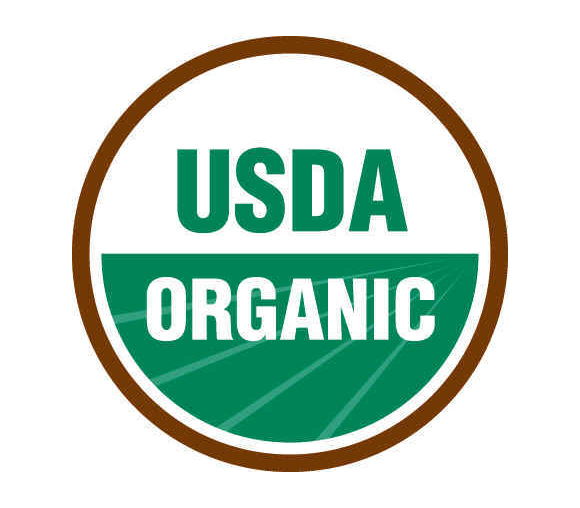What Does the Organic Label Really Mean?

When browsing the shelves at your local grocer or checking the offerings at your neighborhood coffee roaster, you’ve undoubtedly seen the organic certification proudly emblazoned on beans from all over the world.
You’ve probably also noticed that organic coffee tends to be a bit more expensive than its non-labeled alternative. Is it worth paying a premium for coffee labeled organic, or is it just a buzzword designed to sell coffee to ecologically conscious consumers? How do coffee beans get the organic coffee certification, and what’s the difference between organic and non-organic coffee?
What Does Organic Mean?
The USDA Organic standard is a designation awarded to products that have no synthetic ingredients or additives. It’s important to note that the organic label doesn’t necessarily mean that a product was produced in a truly environmentally friendly way, but organic growing methods often go hand-in-hand with environmentally sound farming.
Weird Science Comes to Coffee
Before the advent of pesticides, herbicides, and chemical fertilizers, all coffee was organic. These new scientific developments allowed coffee beans to be grown in conditions that they would not normally tolerate, such as full sunlight.
Growing coffee in the sun meant higher yields and bigger profits for farmers (and industrial chemical companies) but it also resulted in the clear-cutting of rainforest land and the use of potentially hazardous chemicals.
Made in the Shade
Coffee is by nature a shade-dwelling plant, occurring naturally in the understory of lush rainforests. To grow coffee organically, coffee farmers typically adhere to traditional growing practices.
By growing coffee in conditions similar to the plant’s natural habitat, they’re able to avoid using chemical herbicides, pesticides, and fertilizers, which can all be harmful to the environment. And by planting coffee plants in “rustic” growing conditions (in the shade of the forest), they’re helping to prevent erosion and bolster a healthy habitat for birds and insects.
Organic coffee also means better working conditions for laborers. Pesticide and herbicide exposure can lead to serious health issues for agricultural workers, so organic coffee means healthier lives for the people who harvest your coffee.
Potential Pitfalls of Organic Certification
The organic certification program certainly has a noble goal, but it’s not without its defects. For one thing, certification can be an unaffordable expense for small family farms, some of which may be organic by necessity.
In addition, inspections are conducted on a yearly basis, so it can be difficult to ensure that farmers are strictly adhering to certification criteria.
Organic Coffee = Sweet Peace of Mind
The organic certification process isn’t perfect, but the organic label is a strong indication that minimum standards of environmental stewardship have been met. And when it comes to ensuring a healthy environment for the children of tomorrow, every little bit helps.
You may also find that organic coffee tastes a bit sweeter. You’re not imagining things – growing coffee in the shade allows the plant’s natural sugar development to take place, resulting in a sweeter bean.
[Photos Via: CoffeeNate]
